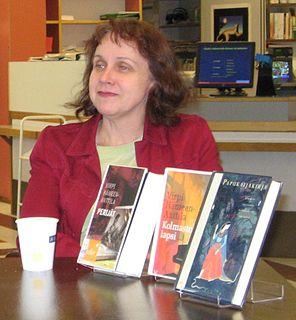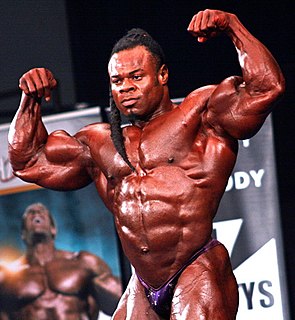A Quote by Shirley Geok-lin Lim
I had to do the academic writing. At a top research university, publishing of a certain kind is very important. So your friend is right. You can't do three things well.
Related Quotes
People didn't know certain things about me, which... I was out of creative writing class in school, Syracuse University; had a B.A. in English and wanted to write the great American novel but I also loved rock and roll. I was in bar bands all through college, playing fraternities and have to know all the songs in the top 10. That kind of thing.
I had a certificate that said, 'Doctor of Mixology, Harvard University,' that I actually got from Harvard University. A friend of mine was a research assistant over there and it was one of those student or university perks and she brought me in on that. So I am a doctorate from Harvard and it only took me one afternoon.
Once you do embark upon the separation or divorce process, it is very important to remember three key things: Be kind, be reasonable, be brief. Remember that this person will no longer be your spouse, but he or she will continue to be your co-parent, family member and perhaps business partner in certain assets or entities.
Once you do embark upon the separation or divorce process, it is very important to remember three key things: Be kind, be reasonable, be brief. Remember that this person will no longer be your spouse, but he or she will continue to be your co-parent, family member, and perhaps business partner in certain assets or entities.
Free speech is what we all have and is guaranteed by the First Amendment of the US Constitution. Academic freedom refers to what happens in the university, particularly in the classroom, and to the importance of the teacher having the right to teach and share what he or she has learned, has proven her competence to teach, having gone through a series of tests and certifications including research and writing to demonstrate her abilities and knowledge.
The maiden Olympics had more to protest about than mere war, though. Central to its ethos was a rejection of two establishments the political one, certainly, but also that of the wider poetry world itself. It changed poetry for ever in the UK, ... It led to readings all over the country. You suddenly got more women reading and publishing poems, as well as gay guys and poets from all over the world. Until that time, published poetry had been very university-based white, male, middle-class. We were trying to break poetry out of its academic confines.
Academic writing you have to get right. Fiction you have to get plausible. And there's a world of difference. In a way, if someone says this didn't feel exactly right, I don't care. But that is not okay to do in academia - it's not about feeling. You want to establish a pretty solid case. So did this allow me to express things differently? Absolutely. Another thing I've been thinking about as an academic: our writing style is expository, and in fiction, withholding information matters quite a bit. Withholding things in academia - there's no place for that!
I know well enough that very few people who are supposedly interested in writing are interested in writing well. They are interested in publishing something, and if possible in making a "killing." They are interested in being a writer not in writing. . . If this is what you are interested in, I am not going to be much use to you.
Realism as a foreign policy doctrine means basically you don't care about values; you consider them a luxury, and it leads to a kind of acquiescence in spheres of influence. Now, spheres of influence sound good if you're a graduate student, or a certain kind of - an academic with a certain habit of mind. But in fact, spheres of influence don't work out very well, certainly not for the victims, and there are always victims.
I'm often asked, Which is more important--attitude or skill? The answer is that it's somewhat like asking which leg of a three-legged stool is most important. It is my complete conviction, based on a considerable amount of research, that if you have the right attitude, combined with the right skills, and build your attitude and your skills on a solid character base, you can enjoy long-lasting success.
Writing wasn't easy to start. After I finally did it, I realized it was the most direct contact possible with the part of myself I thought I had lost, and which I constantly find new things from. Writing also includes the possibility of living many lives as well as living in any time or world possible. I can satisfy my enthusiasm for research, but jump like a calf outside the strict boundaries of science. I can speak about things that are important to me and somebody listens. It's wonderful!
The achievement of great things though comes from the ability to manage yourselfvery, very, very well. Or at least well enough where you almost become compulsive about getting certain things done. You have to set a standard for yourself that's.very, very, very high and you have to manage your thoughts to where they need to be allow yourself to be successful, at what your trying to do.





































